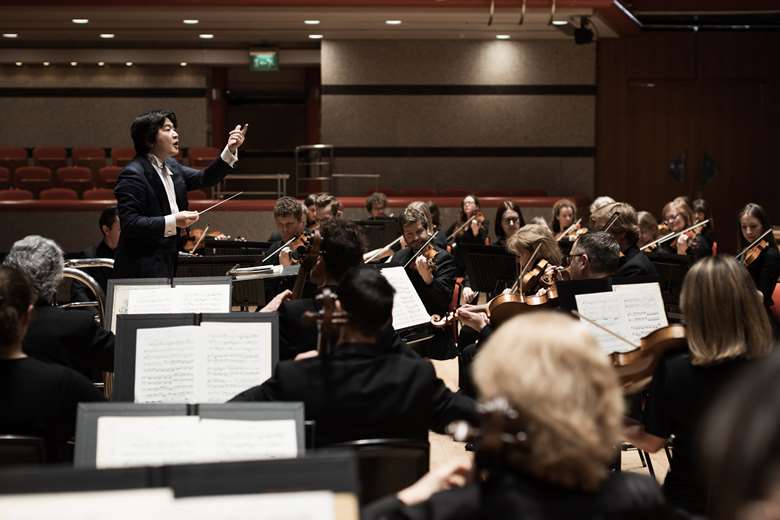ABO releases statement on Birmingham City Council Cuts
Florence Lockheart
Thursday, February 29, 2024
The Association of British Orchestras has called on the chancellor to extend Orchestra Tax Relief and ensure that all Local Councils have ‘sufficient funding’

The Association of British Orchestras (ABO) has released a statement expressing ‘deep concern’ at the impact of cuts to culture funding proposed by Birmingham City Council. The cuts are part of an effort to fill a £300m budget gap for the council, which declared itself effectively bankrupt last year.
The cuts will see organisations including City of Birmingham Symphony Orchestra (CBSO), Birmingham Opera Company, Birmingham Royal Ballet, British choir Ex Cathedra and B:Music, the music charity responsible for Birmingham Symphony Hall and Town Hall lose 50% of their council grants this year and 100% next financial year.
The ABO has responded with a statement calling on the Chancellor to: ‘Permanently extend the higher rate of Orchestra Tax Relief, to help UK orchestras continue to remain ambitious, delivering new productions, creating jobs, building new audiences and delivering for local communities, in the face of continued economic pressures.’ And ‘commit to ensuring that all Local Councils have sufficient funding to set balanced budgets for 2024/25 and develop sustainable medium-term financial strategies.’
The Association, which recently celebrated its 2024 conference and reimagined ABO Classical Music Awards, added: ‘The sharp decrease in local authority funding is resulting in major threats and cuts to the cultural offer in local communities across the country… UK orchestras, such as Birmingham’s celebrated City of Birmingham Symphony Orchestra, are cultural powerhouses, enhancing the UK's diplomatic and cultural influence worldwide. They help our major cities compete as world class cultural destinations, attract global talent and tourism to the UK and drive inward foreign investment.
In November 2023, the CBSO unveiled its ‘bold new vision’ for ‘an exciting 18-month period of exploration and testing’ including a plan to ‘diversify programme’ and ‘rethink the rules of presentation for orchestral music’. The orchestra stated its new goal; to ‘deepen the orchestra’s connection to its city home by openly engaging with musicians, spaces, and communities from across the region’. The orchestra has not yet commented on whether this plan will continue despite its decreased funding.
The culture cuts are accompanied by a raft of other cutbacks, which will see £23.7m less spent on adult social care, waste collections becoming less frequent and up to 600 jobs cut from the local authority, all while council tax is set to rise by 10% from April (with a further rise planned for 2025-26).



